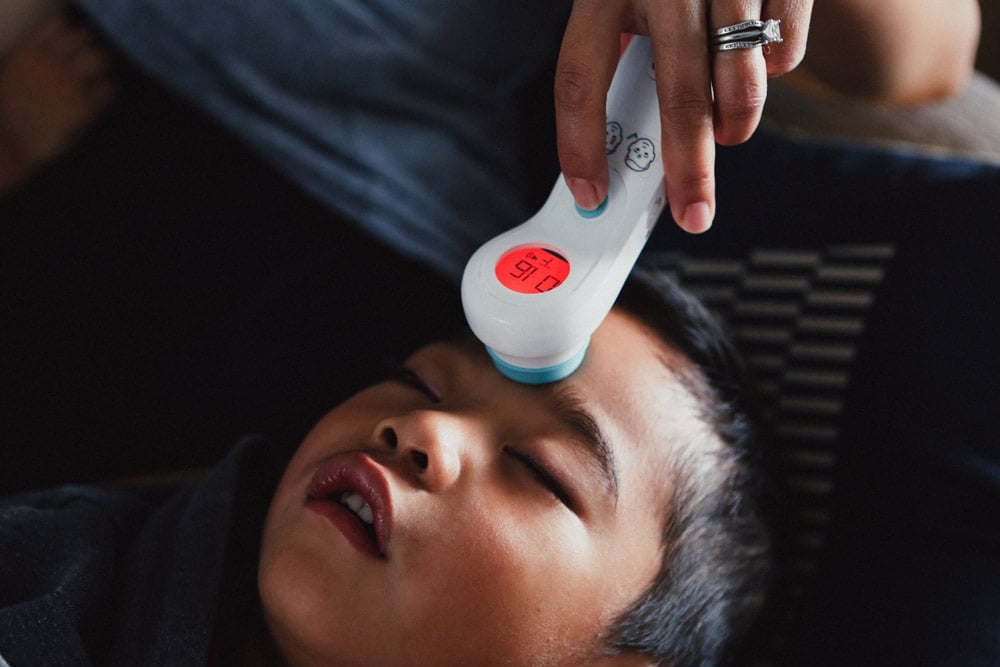
This season, getting an Influenza(flu) vaccine is essential in protecting the health of children, their families, and child care providers. Flu is a contagious respiratory illness that infects the nose, throat, and lungs. Although there are some exceptions, the Centers for Disease Control and Prevention (CDC) recommends everyone six months or older should get a flu vaccine annually. Flu is most common during the fall and winter. During the COVID-19 pandemic, a flu vaccine is more important than ever.
Symptoms of flu include:
- sore throat
- cough
- feeling feverish or chills
- fatigue
- headaches
- runny nose
In adults, warning signs can also include severe muscle pain, seizures, shortness of breath and the worsening of chronic medical conditions.
Why are flu vaccines important for families?
While only a handful of states require children enrolled in child care to get flu vaccines, families can reduce the overall spread of flu and the potential risk of serious complications by getting their children and themselves vaccinated as soon as possible. In addition to getting a vaccine, it is also important to take COVID-19 precautions like frequent hand-washing and face coverings during the COVID-19 pandemic. Flu and COVID-19 are caused by different viruses but some of the symptoms are the same, and both are respiratory illness. Health experts believe it is possible to have flu and COVID-19 at the same time.
While getting a flu vaccine will not protect you against COVID-19, flu vaccines have significant benefits. Getting a flu vaccine not only protects you and your family, but the people you encounter. This includes children at the child care program your child attends and the teachers that care for children. The American Academy of Pediatrics (AAP) states that children play a big role in transmitting flu to others in their household. Additionally, children are most likely to get sick from flu during flu season.
How to Stay Safe
Young children, pregnant women, people with certain chronic health conditions and people 65 years and older are at a higher risk for flu complications. The CDC recommends preventive measures like staying away from people who are sick, frequent hand-washing, and covering sneezes and coughs. The AAP also recommends that children receive the flu vaccine as soon as it is available, preferably by the end of October.
Flu vaccines are generally available at no cost to families with employer-based or government-sponsored health insurance or through some health department programs. For families who do not have a primary care doctor they see regularly, federally funded health care centers also can provide vaccines to eligible individuals without insurance (search for a health center here).
How can CCR&Rs support flu season preparation?
Child care resource and referral agencies (CCR&Rs) should encourage child care programs to educate their employees and families on the importance of receiving a flu vaccine. CCAoA developed a PowerPoint presentation for use in training child care providers. Additionally, CCR&Rs could consider hosting a flu vaccine clinic. The CDC has a step-by-step guide that you can follow.
Microwebinar on Flu Prevention for Families
Finally, we took the points above and recorded a microwebinar for families about the prevention of flu this season. Watch Dr. Jocelyn Slaughter, Nikki Garro and Krystal Adams to discuss what families, including pregnant women, need to know. Please share this video with providers and families in your community.
Additional Resources
For more information on flu season preparation, please see CCAoA’s resource on Flu Prevention during the COVID-19 Pandemic and other resources on our Seasonal Flu and Colds Resource Hub.





